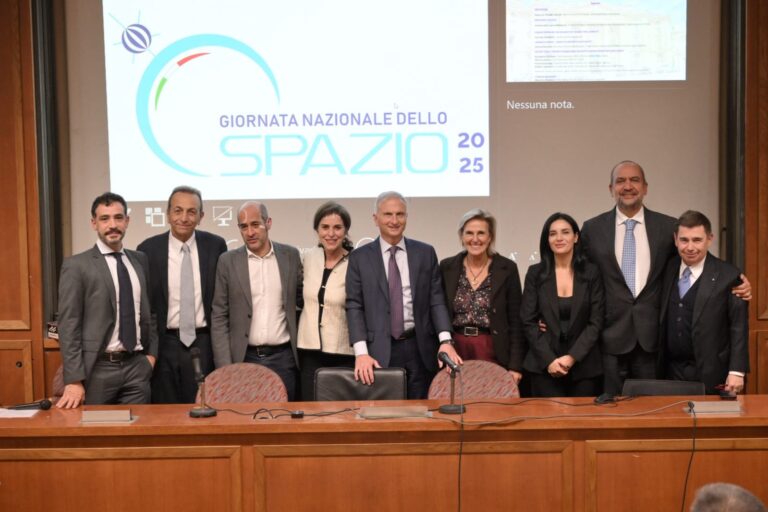Italy ratifies two international instruments that strengthen the compensation rights of victims of nuclear accidents
Italy formally ratified in Paris, on 17 December 2021 at the OECD headquarters, the protocols amending the Paris Convention on civil liability in the field of nuclear energy and the Brussels Convention complementary to the Paris Convention. The Permanent Delegation Representative to the International Organizations in Paris, Ambassador Antonio Bernardini, participated in the Ratification Ceremony, organized by the Nuclear Energy Agency at the OECD headquarters. Both protocols, which will enter into force on January 1, 2022, will ensure that victims of damage resulting from an energy sector accident will be able to obtain greater compensation.
On 1 January 2022, with the entry into force of the Amending Protocols, the Paris Convention will become the international liability regime that strengthens nuclear risk coverage and provides the highest guaranteed amount of compensation available to potential victims of nuclear accidents.
In general, the amounts envisaged will be at least 700 million euros, under the Paris Convention, and public funds provided under the Brussels Complementary Convention will integrate up to 1.5 billion euros; these amounts represent a significant increase over what was previously provided for by any form of compensation.
The responsibility of the operators can be calibrated for each country, according to the specific presence of nuclear installations on its territory, and can in any case be declined, in the case of Italy, according to the lower risk entailed by the fact that ours is a country without active nuclear installations for the production of electricity. The amended Paris Convention also provides for a minimum of 70 and 80 million euros in the event of accidents, respectively, in low-risk plants (research reactors, temporary storage of radioactive waste, decommissioning plants) and during the transport of nuclear materials.
Victims will be able to file claims for a longer period of time (30 years after a nuclear accident, instead of 10 years) for personal injury or loss of life and for a wider range of damages suffered, such as economic loss, cost of preventive measures and measures to restore the damaged environment.
The revised Paris Convention will also broaden its geographic scope by allowing victims located in certain countries that are not parties to the Paris Convention to make claims in the event that they suffer damage or loss due to ionizing radiation emitted by a state among those adhering to the Paris Convention.
The Convention, as amended, will cover a total of 16 countries, covering 105 operational reactors and 7 under construction, out of a total of 442 operational reactors in the world and 51 under construction.
For our country this means greater safety for installations and greater coverage with respect to potential accidents that may occur in neighboring countries.
The amended Paris Convention also includes a more detailed definition of “nuclear damage”. The Three Miles Island accident in 1979 and the Chernobyl accident in 1986 made it clear that the cost of preventative measures, economic losses and the cost of restoring the environment are important parts of the damage resulting from a nuclear accident. The Paris Convention was amended to clearly specify these and other categories of damages, in addition to the existing ones of personal injury and property damage.











